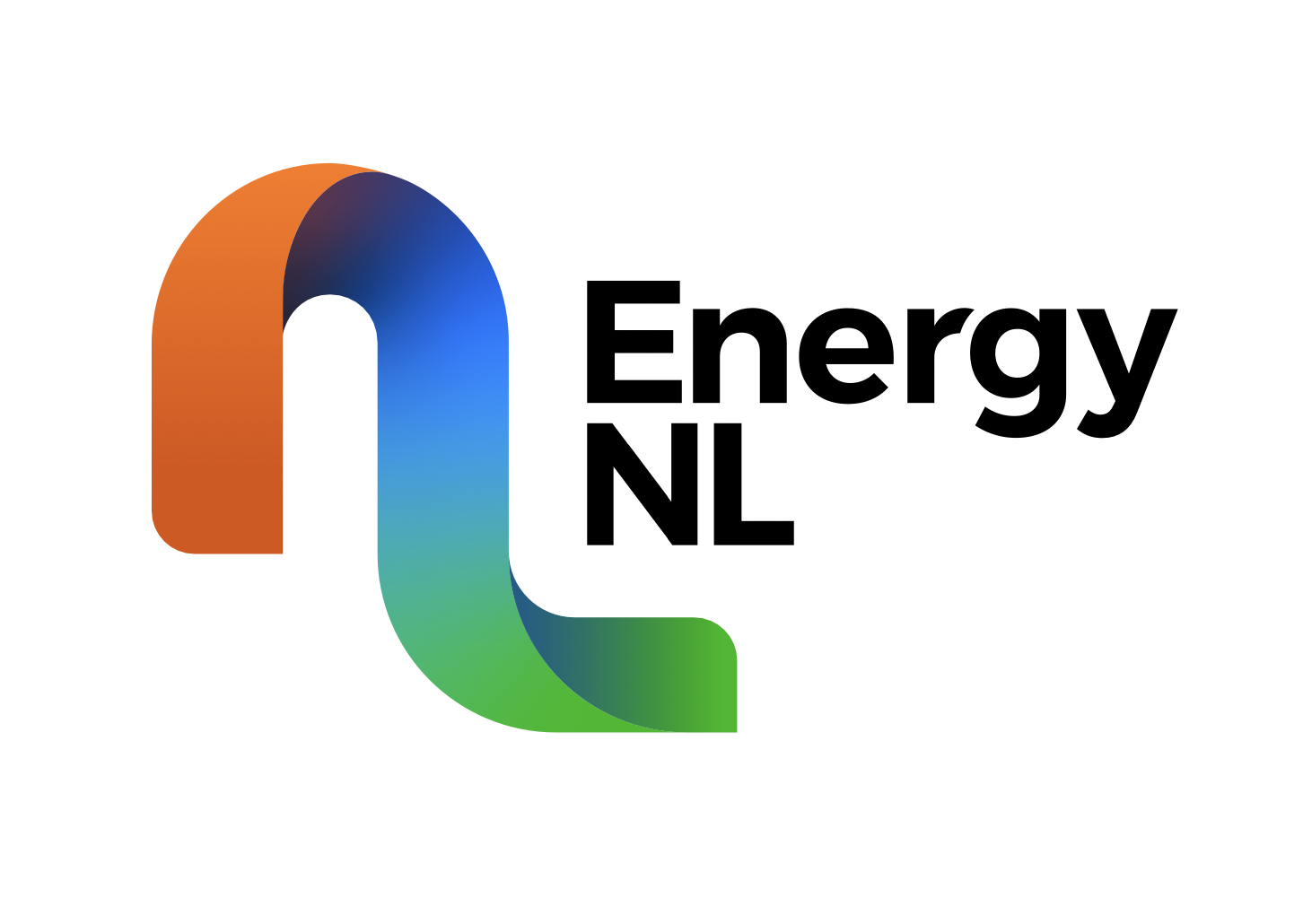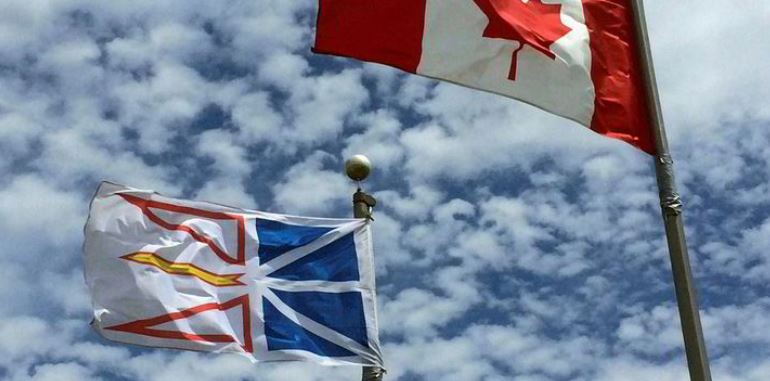Letters sent to federal government ministers as Canadian province reels from impact of Covid-19 pandemic and oil price collapse
Proponents of the struggling oil and gas sector in Newfoundland & Labrador, Canada are pressing the federal government to implement changes to the tax regime to support ailing offshore activities.
More than 2000 letters of support appealing for tax breaks have been sent to members of parliament in Ottawa, as well as the Minister of Natural Resources Seamus O’Regan, the Minister of Finance Bill Morneau, the Minister of Environment & Climate Change Jonathan Wilkinson and the Minister of Infrastructure & Communities Catherine McKenna.
‘Dire situation’
Charlene Johnson, chief executive of provincial trade body the Newfoundland & Labrador Offshore Industries Association (NOIA), said: “The Newfoundland & Labrador offshore oil and gas industry is facing an unprecedented crisis and its future is in jeopardy.
“I cannot emphasise just how dire the situation has become, and I fear for its future without immediate action from the government of Canada.”
NOIA estimates that thousands of jobs have been lost to date in the province.
She said: “Our collective voice is calling upon Prime Minister Justin Trudeau and his government to support our people, industry and province by providing incentives for both offshore exploration and development projects to make the industry globally competitive and help thousands of people get back to work.”
‘Listen to Canadians’
Paul Barnes, director of the lobby group Atlantic Canada & Arctic at the Canadian Association of Petroleum Producers (CAPP), said: “The offshore industry touches every Newfoundlander and Labradorian, either directly through employment or business revenue or indirectly through government revenue which helps pay for hospitals, roads and schools.
“We urge government to listen to Canadians who took the time to submit letters, by investing in this industry and helping secure a prosperous future for the province and country.”
News of this latest campaign to pressure the federal government for help came just three weeks after NOIA, in an open letter to Prime Minister Justin Trudeau, reiterated a call for the two previously used incentives — the Petroleum Incentive Program and Atlantic Investment Tax Credit — to be re-introduced.
Trudeau responded by saying: “We will continue to work together,” following a remark from O’Regan in May that “exploration is key” to the industry’s long term survival.
In contrast, opponents of oil and gas off eastern Canada sent their own letter to the prime minister in mid-June, demanding that he does not provide fiscal support for the province’s offshore sector.
Among the signatories were Sierra Club Canada Foundation and Greenpeace Canada.
According to a statement from CAPP, more than 6500 people directly rely on the offshore industry to support their families and pay their bills in the Atlantic province, with more employed indirectly in about 500 supply and service companies that work in the sector.
The industry is up against tremendous challenges due to the Covid-19 pandemic and resulting drop in demand for oil and gas, said CAPP, at a time when the offshore has a critical role to play in the global and domestic market.
Predicting a resurgence in oil and gas activity as markets begin recover and life returns to normal, the association said the federal government must adapt to circumstances and, like Norway, move to change their tax regimes to attract investment.
CAPP said that support for the upstream sector will help Atlantic Canada continue to grow as a leader in ocean innovation and lead to the development and adoption of new technologies that will benefit all ocean industries.
According to NOIA, cumulative spending in Atlantic Canada’s oil and gas sector between 1997 and 2017 totaled more than C$66.8 billion (US$49.12 billion), while the cumulative royalties paid to the governments of Nova Scotia and Newfoundland & Labrador in the same period came to more than C$23.3 billion.
Most development and exploration work has stalled off Newfoundland, with the most significant decisions being Husky Energy’s suspension of work on its West White Rose project and Equinor largely halting activities on its Bay du Nord project.
However, Equinor is progressing with a two-well exploration campaign, the results of which could boost the economics of Bay du Nord.
Earlier this month Upstream reported that Equinor had discovered oil with its Cappahayden K-67 wildcat.
—
Source: Upstream | This text was excerpted from the media outlet cited on June 24, 2020 and is provided to Noia members for information purposes only. Any opinion expressed therein is neither attributable to nor endorsed by Noia.






